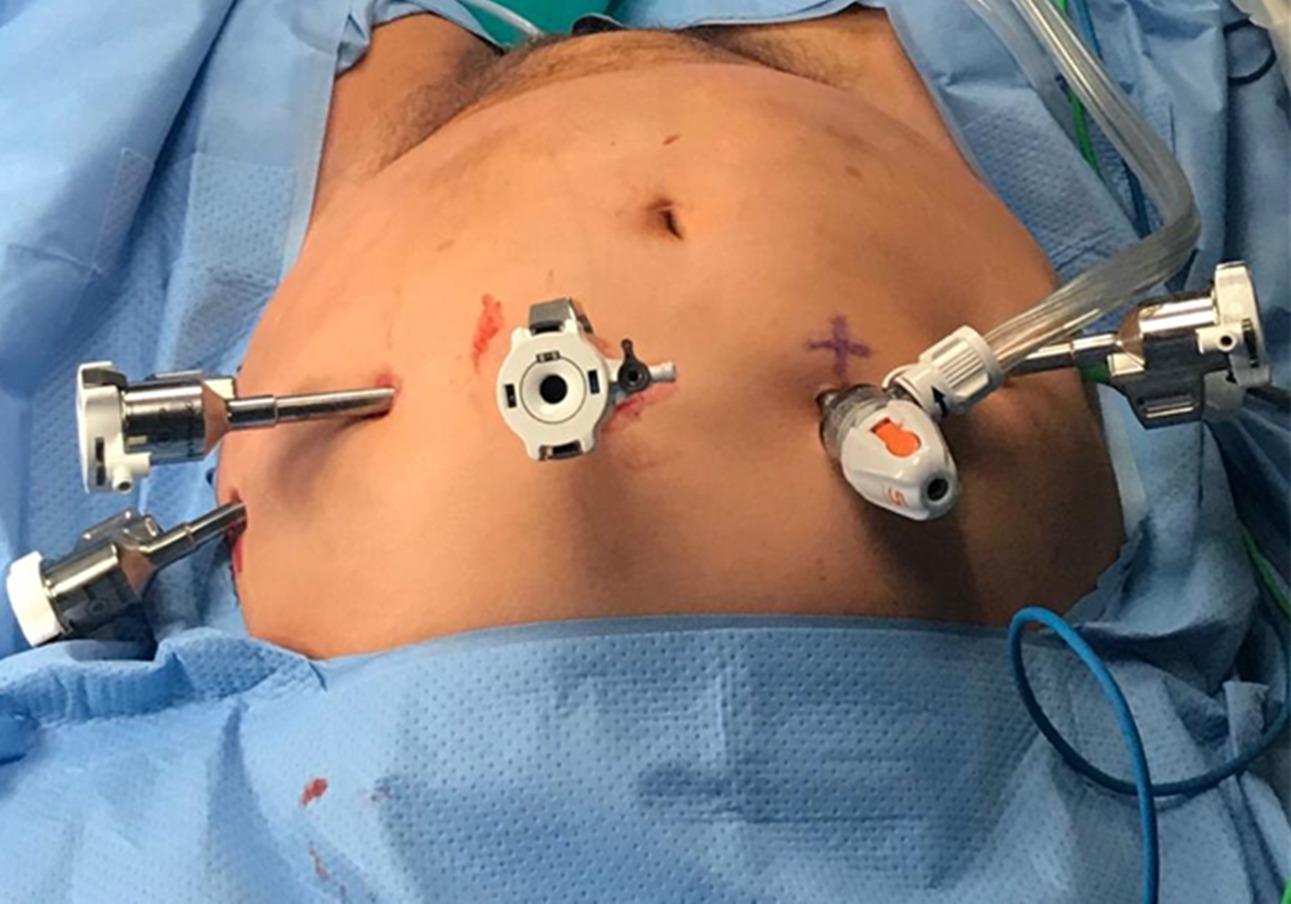Meta Title: Understanding Cystectomy: Surgical Removal of Cysts and its Benefits
Subheading: Exploring the Indications, Benefits, and Recovery Process
Introduction: Cystectomy is a surgical procedure designed to remove cysts from different parts of the body. Cysts are abnormal, fluid-filled sacs that can develop within organs, tissues, or beneath the skin. This comprehensive guide aims to shed light on the indications for cystectomy, its numerous benefits, and the subsequent recovery process.

Indications for Cystectomy: Cystectomy may be recommended for various reasons, depending on the location, size, and nature of the cyst. Some common indications include:
Ovarian Cysts: Large, persistent ovarian cysts that cause pain, discomfort, or interfere with fertility may require surgical removal.
Kidney Cysts: Cysts in the kidneys that grow larger, cause pain, affect kidney function, or are suspected to be cancerous may necessitate cystectomy.
Urinary Bladder Cysts: Bladder cysts can lead to urinary tract infections, frequent urination, or blood in the urine. Cystectomy may be performed to alleviate these symptoms.
Dermoid Cysts: These cysts can develop in various locations, such as the ovaries, testicles, or other body parts, and often require surgical removal due to their potential for complications.
Benefits of Cystectomy: Cystectomy offers several benefits, depending on the specific case and underlying condition. Some notable advantages include:
Pain Relief: Cystectomy can alleviate the pain and discomfort caused by large or inflamed cysts, improving the quality of life for patients.
Prevention of Complications: Surgical removal of cysts reduces the risk of potential complications, such as rupture, infection, or the development of cancerous cells.
Restoration of Organ Function: In cases where cysts affect organ function, cystectomy can help restore normal functioning and prevent further damage.
Fertility Enhancement: For individuals with cysts affecting reproductive organs, cystectomy can improve fertility prospects by addressing the underlying issues.
Recovery Process: The recovery process following cystectomy varies depending on the location and complexity of the procedure. Here are some general aspects to consider:
Hospital Stay: Depending on the type of cystectomy, patients may need to stay in the hospital for a few days. This allows for post-operative monitoring and pain management.
Pain Management: Patients are typically provided with pain medication to manage discomfort during the recovery period.
Follow-up Care: Regular follow-up appointments with the healthcare provider are essential to monitor the healing process, assess any complications, and remove sutures, if necessary.
Physical Activity: It is important to gradually resume normal physical activities as advised by the healthcare team. Strenuous activities may need to be avoided for a specified period.
Conclusion: Cystectomy is a surgical procedure performed to remove cysts that cause pain, discomfort, or pose potential health risks. By addressing the underlying issues, cystectomy offers numerous benefits, including pain relief, prevention of complications, restoration of organ function, and enhanced fertility. Although the recovery process may vary, following the healthcare provider's guidance and attending regular follow-up appointments are crucial for a successful outcome.
We are associated with experienced and highly skilled medical professionals. We use the latest medical technology available in the world and we provide medical services in collaboration with JCI & NABH Certified hospitals only. Our services include various types of treatment and organ restructuring and transplant.
